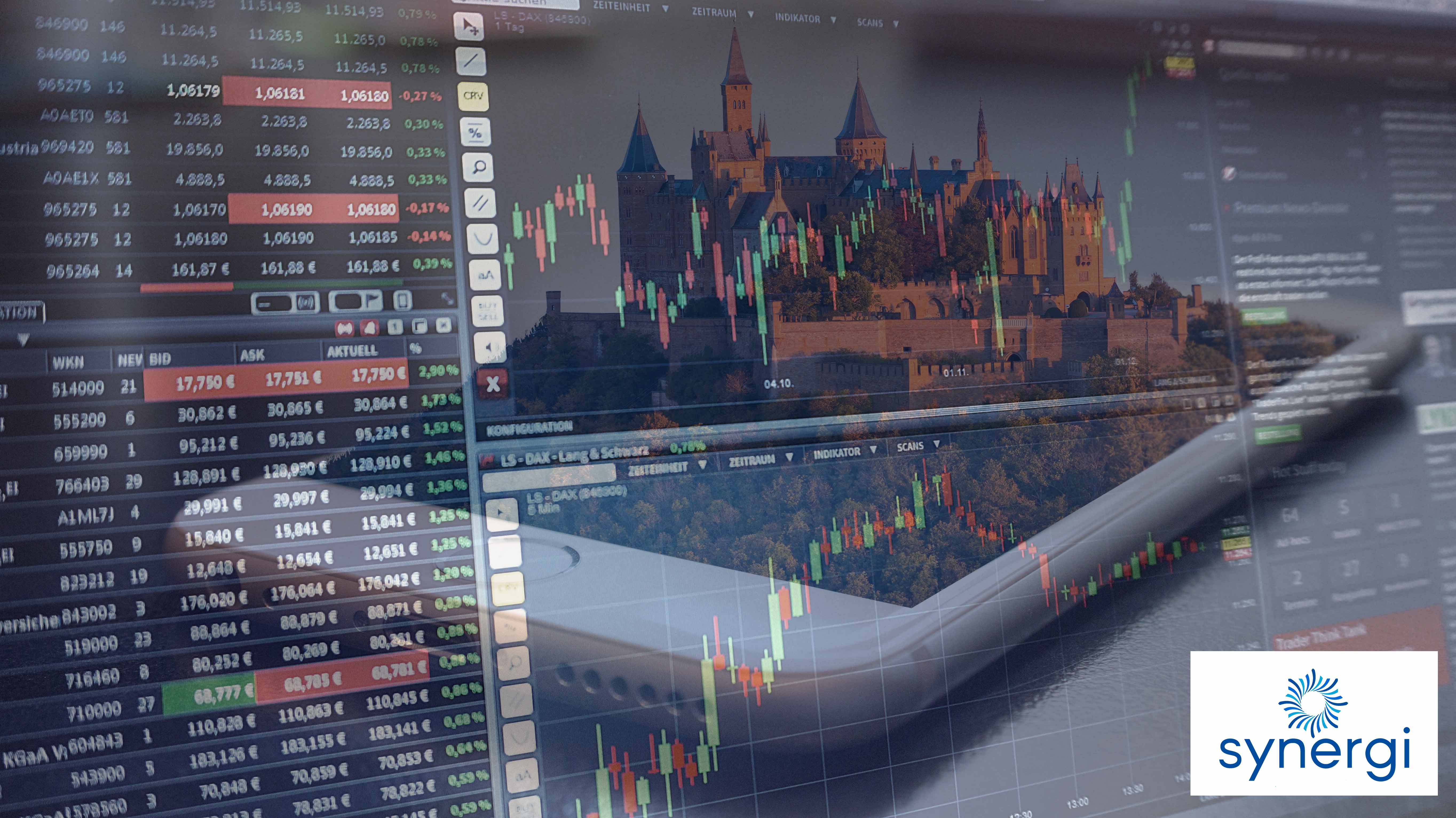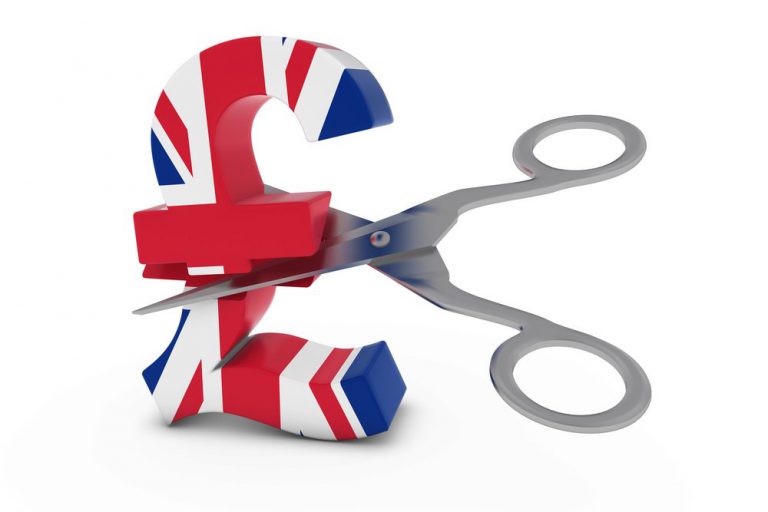FINANCIAL WEEK IN A GLANCE
April was a tough month for markets, as they struggled to digest the toxic mix of still-rising inflation and lower growth, along with a helping of weak company results.
Having bounced in March, equity markets fell back again as optimism for a relatively swift resolution to the Ukraine conflict dwindled.
As of last week, the US equity market was strong on Friday, but weak Chinese economic data has led to more indifferent markets in Asia and Europe this morning.
The S&P500 closed up +2.4% on Friday and both the Nikkei and Hang Seng were also up, with a gain of +0.5% +0.2%, respectively.
In Europe markets were weaker on Monday with the STOXX 600 down -0.3%, although the FTSE 350 has bounced a little and is now flat.
Bond yields have declined in the short-term from recent highs and the US 10Y Treasury yield is at 2.9% compared to a recent high of 3.1%. UK 10Y Gilts yield 1.8% and 10Y German Bunds 1.0%.
11 sectors in the US ended Friday with growth outperforming value. Consumer Discretionary (+4.1%) and Information Technology (+3.4%) led on the back of strength in software, social media and internets. Financials, Industrials, Materials, Consumer Staples, Healthcare and Utilities all lagged by gaining c+1%.
The strongest stocks were hotel and leisure names and by far the weakest stock was Twitter (down -10%) which declined amidst doubts regarding the Elon Musk takeover on the back of concern that spam/fake accounts may be more than the <5% of accounts that the company claims.
Aramco, the Saudi Oil Giant overtook Apple to become the world’s largest company by market capitalisation closing Wednesday’s trading session with a total market capitalisation of $2.43 trillion with Apple valued at $2.37 trillion.
Chinese activity data plunged as COVID lockdowns hit growth. Industrial production fell -2.9% year-on-year in April, compared to an expected +0.5% increase and follows the +5.0% rise in the previous month. Several key product groups posted sharp declines with passenger cars tumbling -44%, cement -19%, computers -17%, integrated circuits -12%, steel -6% and smartphones -4%.
Retail sales dropped -11.1% versus consensus -6.6% and the prior -3.5% decline. Catering was very weak reflecting lockdown effects together with declines in autos, apparel, cosmetics, jewellery and communication equipment. All of this reads very negatively, but obviously lockdowns may lessen at some point and the market expects future stimulus measures from the Chinese government.
In the UK: Ryanair has forecast a return to “reasonable” profitability over the next year as the travel industry recovers from the pandemic, but warned that the outlook for flying remained fragile and vulnerable to new shocks. The airline posted a loss of €355m for FY Mar 22. CEO Michael O’Leary said he expected the airline to carry more passengers this summer than it did in 2019, a reflection of the “pent-up” demand for flying, but he warned that “we expect to fill these flights with lower fares and at higher fuel costs than pre-COVID”.







